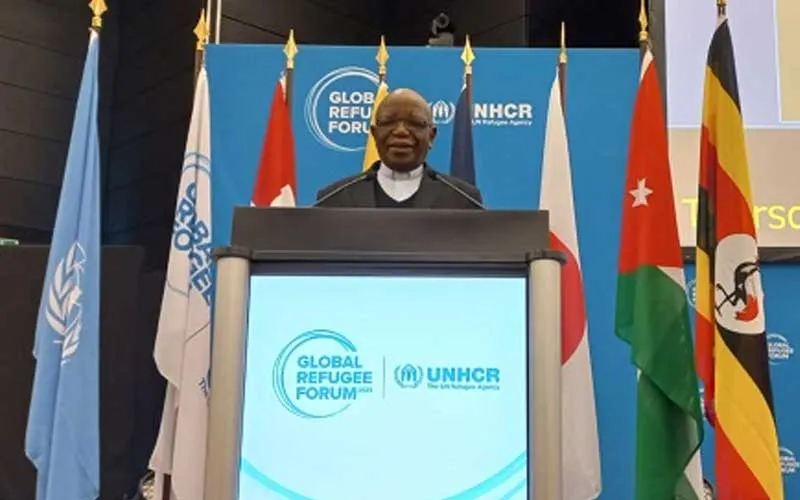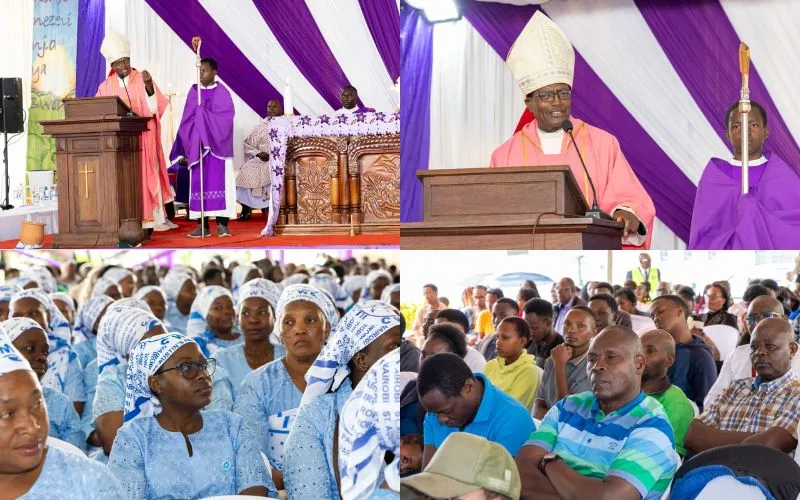Johannesburg, 18 December, 2023 / 4:31 pm (ACI Africa).
Archbishop Buti Tlhagale of South Africa’s Johannesburg Archdiocese has called on religious leaders across the world to push their respective governments to sign the United Nations Conventions on Statelessness.
The 1954 Convention relating to the Status of Stateless Persons established minimum standards of treatment of stateless people and guaranteed them the right to travel documents, identity and administrative assistance.
Meanwhile, the 1961 Convention on the Reduction of Statelessness sets up an international framework that ensures the right of every person to a nationality.
In his statement published December 15, Archbishop Tlhagale says, “We fervently ask the religious leaders not to slow down in encouraging governments to be signatories to the United Nations Conventions on Statelessness.”
“Statelessness impacts negatively on children’s rights to access education and healthcare services,” says Archbishop Tlhagale.








